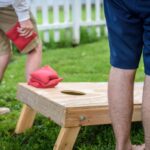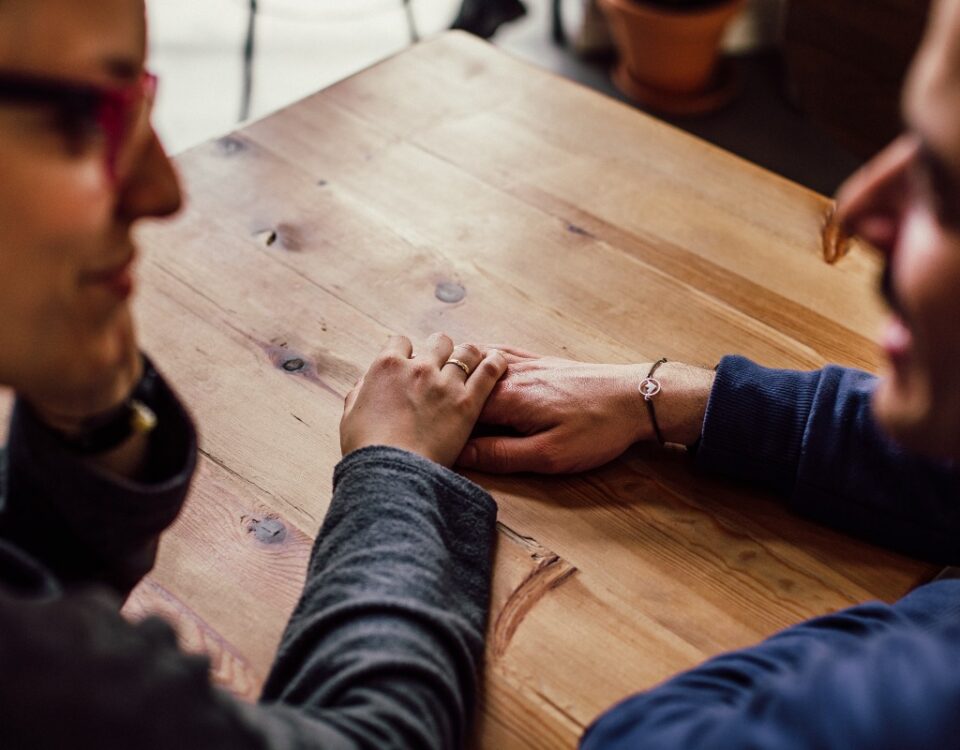
Establishing Your Own Baseline
August 10, 2020
Enjoying Summer and Staying Safe in Recovery
August 19, 2020There are a number of new skills and practices that a person learns throughout their recovery. From grounding strategies and coping skills to overall life and social skills, there is a lot to learn and implement at every phase during recovery. Each of these skills has a particular reason to be learned and implemented, and they all work in tandem in order to give each person the skills to address their own recovery on every level, creating a holistic approach needed for addiction recovery.
However, learning and implementing these skills is just the beginning of how they can help someone. Oftentimes, many of these skills are useful far outside the bounds of a recovery model and can be helpful for many aspects of someone’s life. Continuously building upon these skills by utilizing them in new ways or at different intensities can paint a more accurate portrait of the person who someone wants to be and can be through their course of recovery.
Combating Complacency
Addiction recovery isn’t a straight path. There will be many peaks and dips on someone’s journey. Some days may seem impossible to get through, and triggers and stresses seem to populate every inch of someone’s view. Other days, people will begin to internalize the empowerment and freedom that their recovery work and sobriety has brought them.
However, because each day can present a new, unforeseen challenge, it is important not to get complacent with one’s recovery. Constantly practicing one’s own social skills, coping mechanisms, and healthy living strategies will help through these difficult times. Recovery isn’t something that has a definitive end date, and there is no program that can guarantee that someone will be cured of all urges and addictions in a certain amount of time.
Practicing the various strategies instilled by professionals and support systems will help someone stay on track with their goals and ongoing sobriety. There will always be challenges in maintaining sobriety, and a sense of overconfidence or complacency can usher in the possibility that urges can set in and relapse can occur.
Practicing Your Proficiency
There are many skills that someone learns in group therapy. Social skills and using your own voice are necessary for participating in an effective group session. However, as someone gains proficiency in these skills, they aren’t meant to remain confined to just one situation. Many of these life skills are applicable to many different parts of life.
As someone begins to exercise social skills effectively with other members of group therapy or their family and loved ones, that doesn’t mean that the skill has been perfected and thus no longer needs to be practiced. During these times, using these skills outside the confines of recovery can help in creating new social groups and pursuing new interests.
As someone begins to live a healthier lifestyle and understand the necessity of these skills, they are able to teach those skills in turn as well. Continuously looking for new ways to implement learned skills is one of the most effective ways to combat complacency, while keeping the mind busy and motivated through recovery.
Using Multiple Techniques in Tandem
There are many life skills that someone learns in recovery. Each of them holds a particular purpose, but using them all together can create something even more profound. As someone learns to maintain a healthy, clean living space, as well as creating new relationships or renewing old ones in a healthy way, a person can then use them to design what their safe environment and world will look like.
Other strategies can also be used to pursue different goals as a whole. While someone practices their agency by using their voice as well as practicing time management skills, the two skills in tandem can create the basis for an effective professional interview or career as these skills allow someone to assert themselves and manage time and people.
Learning to establish methods of self-care and effective goal setting are the essential skills required when creating a recovery rewards system. Many of the skills that someone learns are not only useful in isolation; rather, these life skills are taught in order to be continuously built upon depending on the life goals that someone has set for themselves.
Pursuing Self-Actualization
As someone learns all the dimensions of the skills instilled during recovery, they are able to then decide for themselves how these skills are implemented. Making decisions about how someone will engage in social activities or live their lives outside of recovery meetings will dictate how they want to pursue their own future. These skills help someone create their own building blocks to their identity, all in an effort to pursue their own self-actualization by living the way they want to live and knowing how to do so in a healthy way that makes them happy and fulfilled.
Self-actualization is an important goal of each person, whether they are in recovery or not. Having the skills and practice available can help someone realize the impact of their decisions and grant them the agency to work towards that goal in a way that’s best for them.
If you or a loved one are struggling with addiction, The Kimberly Center can help you take the first step in your recovery. With programs available from sober living to intensive outpatient and aftercare, there are always options available for anyone, regardless of their needs and goals. The Kimberly Center works alongside you in order to establish your own goals in recovery and help instill the proper coping and life skills that are most pertinent to you while providing a safe space for you to explore the vulnerabilities that come with the recovery process in a safe, supportive environment. For more information on the various programs available and how they can be tailored to your needs, contact The Kimberly Center today at (855) 452-3683.




